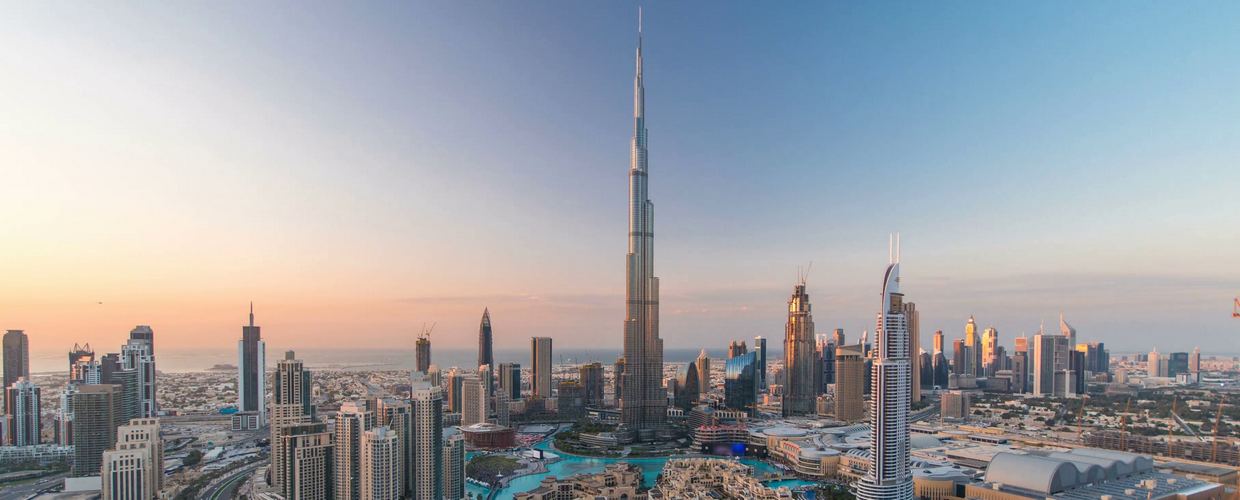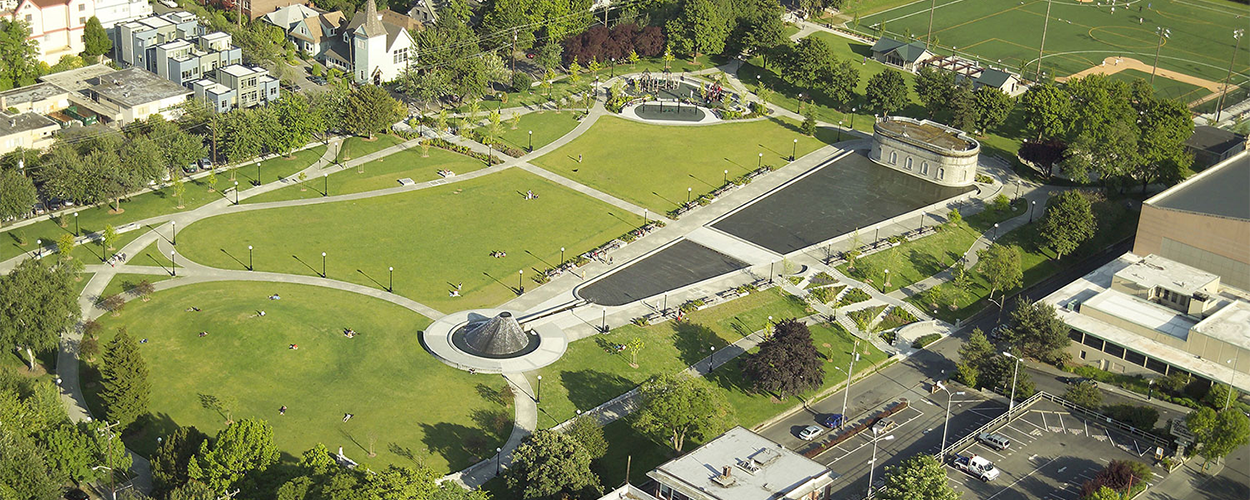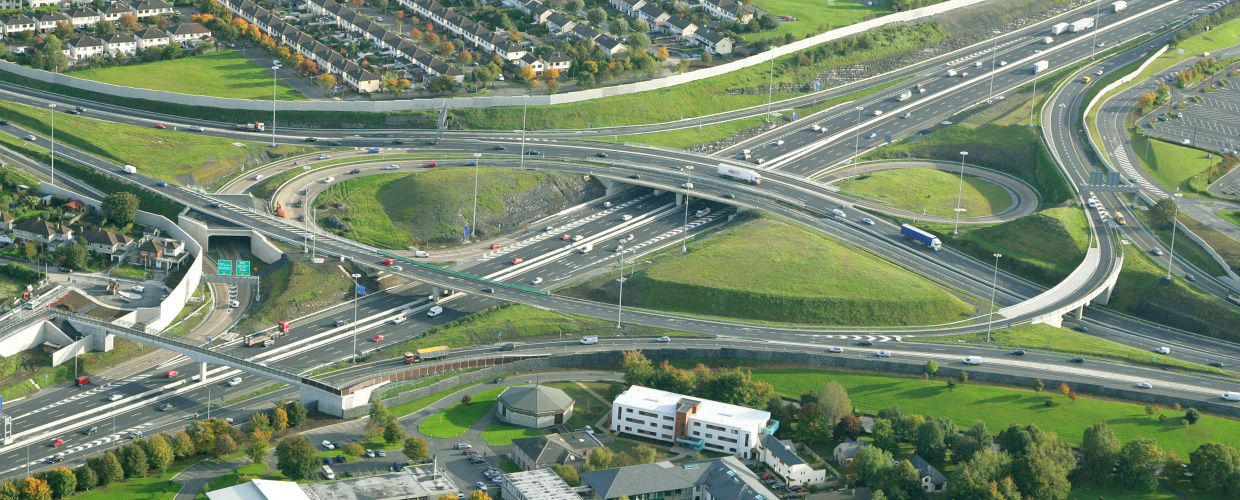5 ideas by 5 Geoplast experts
9 July 2019
Besides leading Geoplast, our managers and experts continuously work on spreading knowledge about current trends, scientific research, and possibilities Geoplast products offer to a more sustainable environment.
Here are insights they wrote, sharing their views and asking questions.
It is up to all of us to learn from each other and to build together.
Mirco Pegoraro, CEO – Three rules of innovation in the construction industry

Innovation in the construction industry has the power to change the world. Today it mostly considers less energy use, more green surfaces, less negative environmental impact, etc. But technology itself can not change the state of the built environment. It is the will of all the participants in the construction industry to actually apply the available improvements and move the world for the better.
Paolo Pirotto, COO – WWF Report 2019 on plastic waste pollution: critical issues and action plan

The WWF Report also outlines the guidelines for an action plan in which Governments, Industries and Citizens are invited to make their own contribution, in the belief that we can solve the global problem of plastics if “everyone takes responsibility for their own actions and if we work together.” It is recommended, in particular to the industries, to use recycled plastic and to promote the circular economy in order to minimize environmental impact, while to citizens it is advised to responsibly use their consumer power in their behaviors and purchasing choices on different markets.
Francesco Guidetti, Chief Technical Department – Energy consumption in production of concrete

Concrete is the most common construction material used in building industry. On average, approximately 1 ton of concrete is produced each year for every human being in the world. Because of its abundance in the world market, understanding the environmental implications of concrete manufacturing is becoming increasingly important. The production of 1 m³ of concrete requires 2,775 MJ of energy. Saving concrete, e.g. by adopting appropriate building solutions, means therefore not only reducing fossil fuels consumption, but also pollutant emissions.
Luca Zausa, Chief Sales Officer Global – Is there a better solution among all water management systems?

The need to manage rainwater is a global concern. In some cases the effects of storms must be mitigated, so a large amount of water flows into the territory in a very short time, in other cases, its shortage needs to be managed. Cape Town is an example of this. In fact, in the last few months, in the South African city, the population could not consume more than 50 L per capita per day. In countries like Germany, Brazil and China, the inhabitants of rural areas have benefited from central government funded programs, that enabled communities to collect and store water during the rainy season by managing the peaks with dispersion basins, for the subsequent use during the season.
Roberto Cecchinato, Export Area Manager – How Geotub helped the M50 motorway extension, Red Cow Roundabout, in Dublin

As the traffic situation was already complicated every possible step had to be planned to reduce the unavoidable disruptions to the minimum. The project required new bridges to be built alongside the existing ones, and very limited space was available to place cranes and other heavy equipment by the roadside while maintaining the safety in the construction site as well as on the motorway. The proposition was not easy, this is exactly when Geoplast ABS Formwork became an essential part of the equation: the Geotub formers were the just perfect tool to produce the large bridge circular columns (800 mm diameter) without having to block off an extra lane of the motorway.